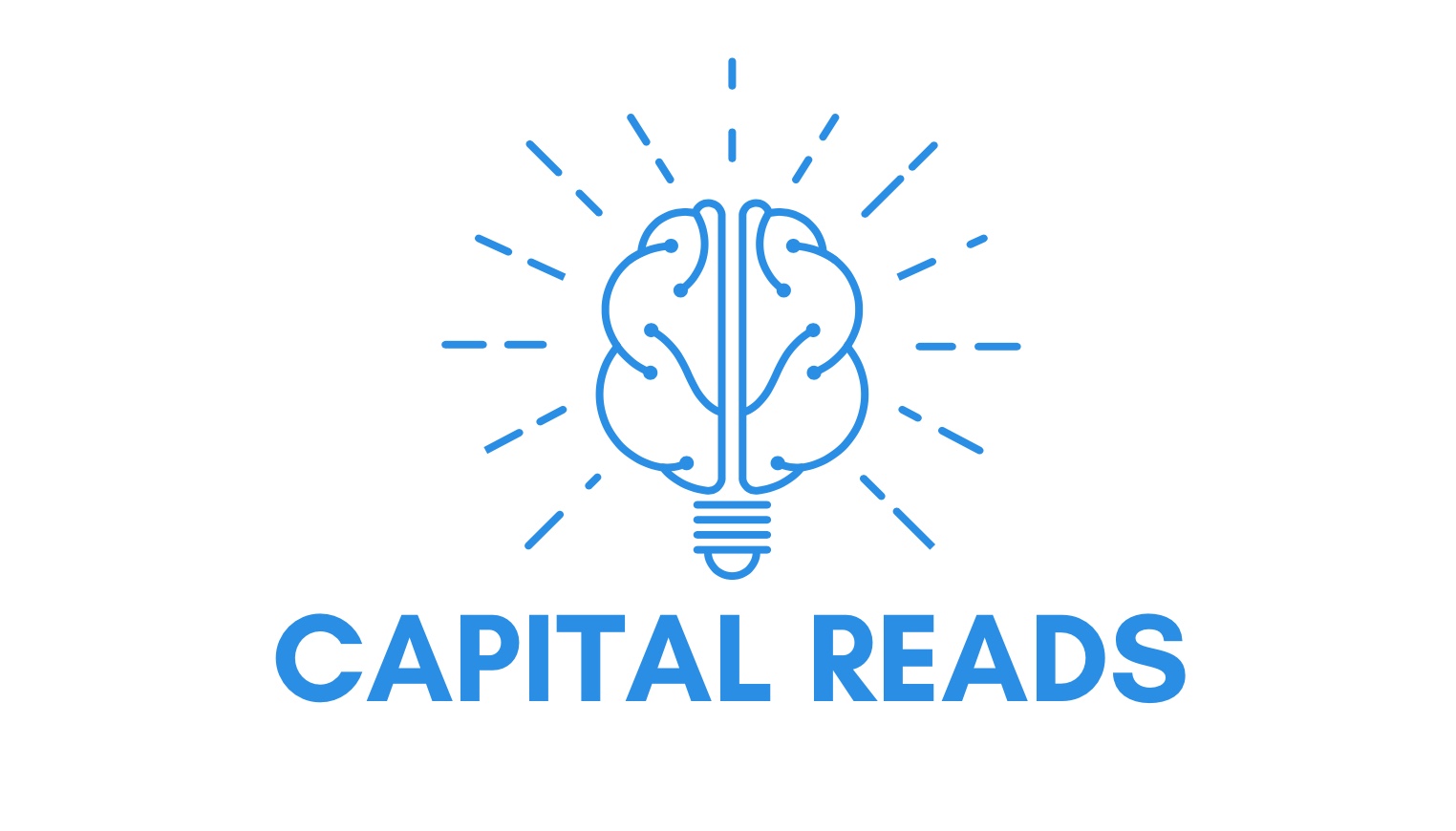The Great Convergence: Information Technology and the New Globalization
The Great Convergence: Information Technology and the New Globalization
Author
Richard Baldwin
Published Date
2016
Page Count
344
Overview
“The Great Convergence: Information Technology and the New Globalization” by Richard Baldwin provides an insightful analysis of how information technology has reshaped the global economy. Baldwin argues that the digital revolution has led to a new form of globalization, changing how countries trade, produce, and compete. The book explores the economic and social implications of this shift, offering a forward-looking perspective on globalization in the digital age.
Key Themes
- Impact of Information Technology: Discusses how advances in IT have transformed traditional models of globalization.
- Global Supply Chains: Examines the rise of global supply chains and their economic implications.
- Future of Globalization: Contemplates the future trajectory of globalization in light of technological advancements.
- Policy and Economic Challenges: Addresses the challenges and opportunities presented by the new globalization, including its impact on labor markets and economic policy.
Historical Context
Set in the era of rapid technological change and increasing digital connectivity, the book captures the latest phase of globalization and its implications for nations, companies, and individuals.
Author’s Background
Richard Baldwin is a professor of international economics and a renowned expert in trade and globalization. His expertise brings depth and clarity to the complex topic of globalization in the digital era.
Impact and Legacy
“The Great Convergence” is praised for its thorough analysis of the evolving nature of globalization and its clear presentation of how information technology is driving these changes.
Strengths and Weaknesses
Strengths: Offers a comprehensive and accessible analysis of contemporary globalization trends, backed by extensive research. Weaknesses: The rapidly changing nature of technology and global trade may require ongoing updates to remain current.
Who Should Read This?
Ideal for economists, policymakers, business professionals, and students interested in understanding the dynamics of modern globalization and the impact of information technology on global economic structures.
Similar Books
- “The World Is Flat: A Brief History of the Twenty-first Century” by Thomas L. Friedman: Another perspective on globalization and its effects on world economies.
- “Globalization and Its Discontents” by Joseph E. Stiglitz: Provides a critical view of globalization and its impact on developing countries.
Final Thoughts
“The Great Convergence” is a thought-provoking and insightful book that offers a nuanced understanding of how information technology is reshaping the landscape of global trade and economics. Baldwin’s analysis is a valuable resource for navigating the complexities of the new globalized world.

